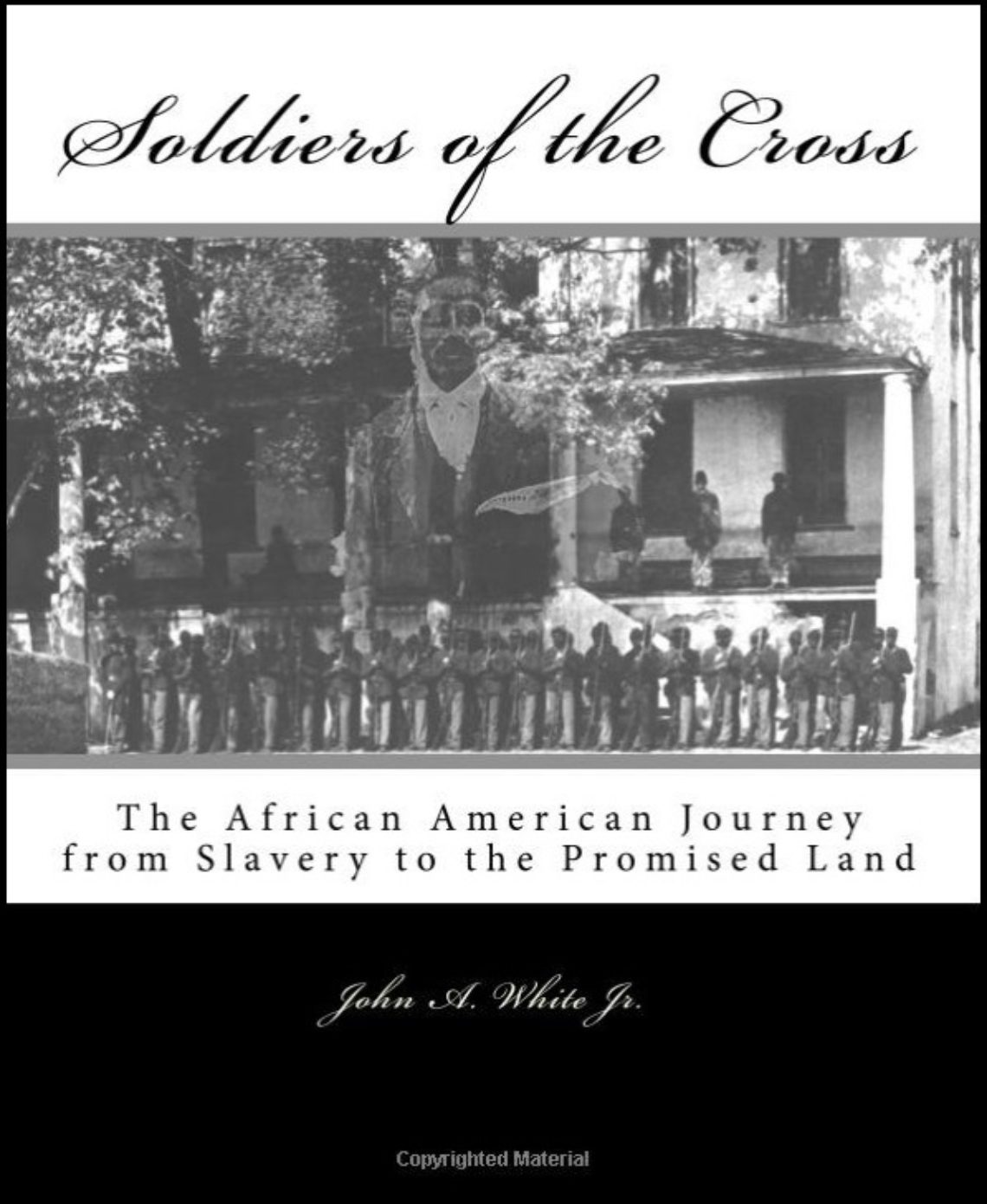
Fig. 11. Eastman Johnson, The Lord is My Shepherd, 1863 (Smithsonian American Art Museum)
In 1831 Nat Turner led a slave rebellion that led to the deaths of sixty men, women, and children. Turner was very religious; he could read and write as well. Recall that the Bible says the Israelites had to conquer the Canaanites before they occupied the Promised Land. Identification of slave identity with the identity of the Children of Israel suggests that American slavers would require conquering as well. It was believed that Nat Turner’s rebellion had roots in slave religion. As a result of Turner’s rebellion, laws were passed restricting blacks from learning to read or write or participating in black prayer meetings.
““The Turner insurrection is so connected with the economic revolution which enthroned cotton that it marks an epoch in the history of the slave. A wave of legislation passed over the South prohibiting the slaves from learning to read and write, forbidding Negroes to preach, and interfering with Negro religious meetings. Virginia declared, in 1831, that neither slaves or free Negroes might preach, nor could they attend religious services at night without permission. In North Carolina slaves and free Negroes were forbidden to preach, exhort or teach “in any prayer-meeting or other association for worship where slaves of different families are collected together” on penalty of not more than thirty-nine lashes. Maryland and Georgia had similar laws. The Mississippi law of 1831 said: It is “unlawful for any slave, free Negro, or mulatto to preach the gospel” upon pain of receiving thirty-nine lashes upon the naked back of the presumptuous preacher. If a Negro received written permission from his master he might preach to the Negroes in his immediate neighborhood, providing six respectable white men, owners of slaves, were present” In Alabama, the law of 1832 prohibited the assembling of more than five male slaves at any place off the plantatjon which they belonged, but nothing in the act was to be considered as forbidding attendance at places of public worship held by white persons. No slave or free person of color was permitted to “preach, exhort, or harrangue any slave or slaves, or free persons of color, except in the presence of five respectable slaveholders or unless the person preaching was licensed by some regular body of professing Christians in the neighborhood, to whose society or church the Negroes addressed properly belonged.”[1]
Slave owners feared that slaves would learn to read the Bible. Perhaps they saw slaves finding hope in the Bible and they were establishing a biblical identity. An effort that lifted slave identity was a threat to slavery. One of the ex-slaves interviewed for Bullwhip Days related how heruncle Bull learned to read and was severely punished for it.
“Dere wuz Uncle George Bull. He could read and write, and, chile, de white folks didn’t lak no nigger what could read and write. Old man Carr’s wife, Mis’ Jane, uster teach us Sunday school, but she did not ‘low us to tech a book wid us hands. So dey uster jes’ take Uncle George Bull and beat him fur nothin’. Dey would beat him, and take him to de lake, and put him on a log, and shev him in de lake, but he always swimmed out. When dey didn’t do dat, dey would beat him till de blood run outen him, and den t’row him in de ditch in de field, and kivver him up wid dirt, head an ears, and den stick a stick up at his haid. I wuz a water toter and have stood and seen ’em do him dat way more’n once, and I stood and looked at ’em till dey went ‘way to de other rows, and den I grabbed de dirt offen him, and he’d bresh de dirt off and say, “T’ank yo’,” git his hoe, and go on back to work. Dey beat him lak dat, and he didn’ do a thin’ to git dat sort uf treatment.”[2]
—Margrett Nickerson
[1] William Edward Burghardt Du Bois, The Negro Church: Report of a Social Study Made Under the Direction of Atlanta University; Together with the Proceedings of the Eighth Conference for the Study of the Negro Problems, Held at Atlanta University, May 26th, 1903 (Atlanta University Press, 1903).
[2] Mellon, Bullwhip Days, 199.
